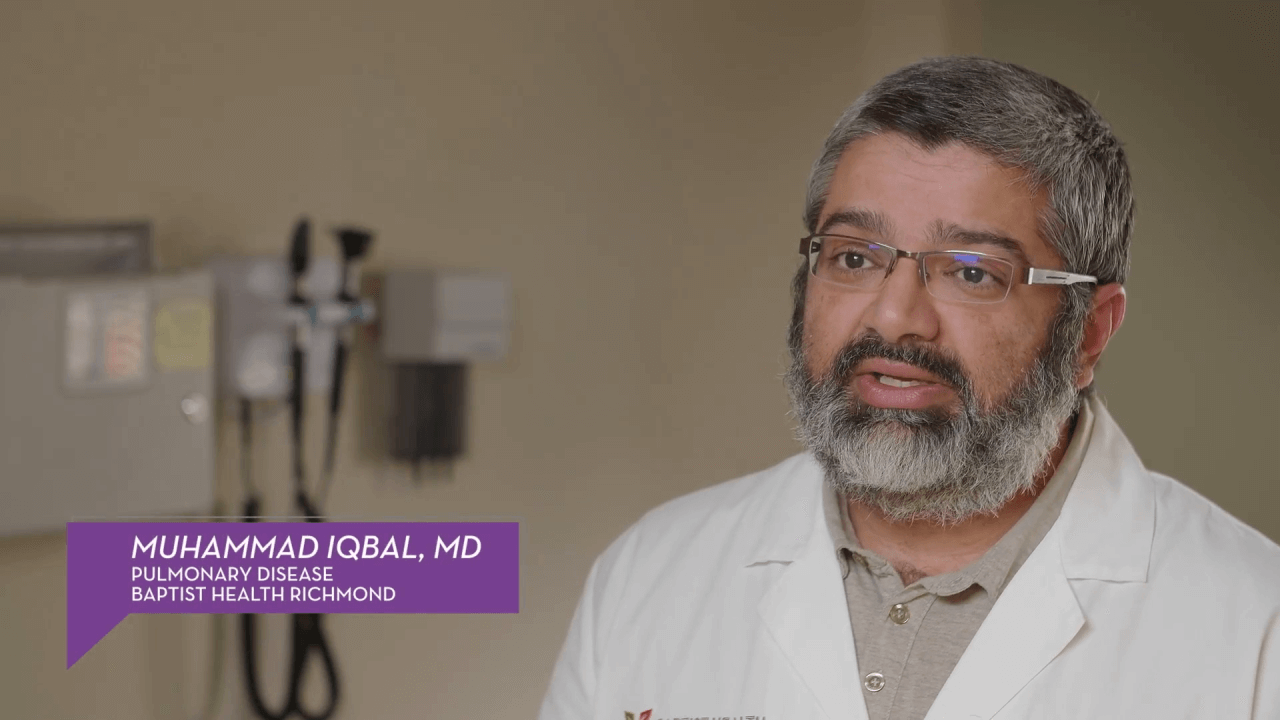Know When to Get a Lung Screening

What Are the Risk Factors and Symptoms?
Some people are more likely than others to develop lung cancer. Anything that increases your chances of lung cancer is called a risk factor. Risk factors include activities that you do, things in the environment, or traits passed on through genes.
Just because a risk factor applies to you doesn’t necessarily mean that you’ll get lung cancer. Some people get lung cancer who have none of the risk factors. Known risk factors for lung cancer include:
- Tobacco smoking. This is the biggest risk factor for lung cancer. Smoking causes lung cancer and accounts for 8.5 out of 10 lung cancer deaths. The more you smoke, the higher your risk.
- Contact with radon. Radon is an odorless radioactive gas found in nature that can cause lung cancer. Radon gas is given off by soil and rocks under buildings and homes.
- Contact with asbestos or other cancer-causing
agents. In addition to asbestos, other cancer-causing agents include:
- Arsenic
- Beryllium
- Cadmium
- Chromium
- Nickel
- Coal smoke
- Soot
- Silica
- Diesel fumes
- History of
cancer. If you’ve had other cancers, you might have an increased risk of
lung cancer. These include:
- Small cell lung cancer
- Lymphoma
- Other smoking-related cancer, like bladder or head and neck cancer
- If you’ve had chest radiation therapy or alkylating agent treatment
- If you were treated for Hodgkin lymphoma with alkylating agents or radiation therapy
- Family history of lung cancer. If a close family relative has had lung cancer, you have an increased risk for lung cancer. That risk increases if your relative was diagnosed at a young age or if more than one relative has had lung cancer.
- History of chronic obstructive pulmonary disease (COPD) or pulmonary fibrosis. In COPD, lung tissue is damaged causing a cough and too much mucus. Pulmonary fibrosis scars and thickens the tissue around and between the air sacs in your lungs, making it hard to breathe. Both increase your risk of lung cancer.
What Are the Symptoms of Lung Cancer?
If you have any of the symptoms listed below, make sure to see your doctor. Many times, these symptoms are caused by health problems other than lung cancer. The symptoms of lung cancer are:
- Cough that lasts
- Blood in mucus
- Shortness of breath
- Wheezing
- Pain in chest area
- Tiredness that lasts
- Pneumonia
- Hoarse voice
- Pain when swallowing
- Weight loss
Should I Get Screened for Lung Cancer?
A lung cancer screening can help find cancer earlier before symptoms start. The earlier you find cancer, the more likely it is to experience successful treatment and have positive outcomes. Lung cancer is the leading cause of cancer death for both men and women in the U.S., and more than 200,000 cases are diagnosed each year. If lung cancer is found at an early stage, before it’s had time to spread, it has a better chance of being successfully treated.
Learn More About Lung Cancer at Baptist Health
To see if a lung cancer screening is right for you, take our Lung Cancer Risk Assessment. If you’d like to learn more about your risks for lung cancer, find a Baptist Health Provider today to schedule an appointment.



